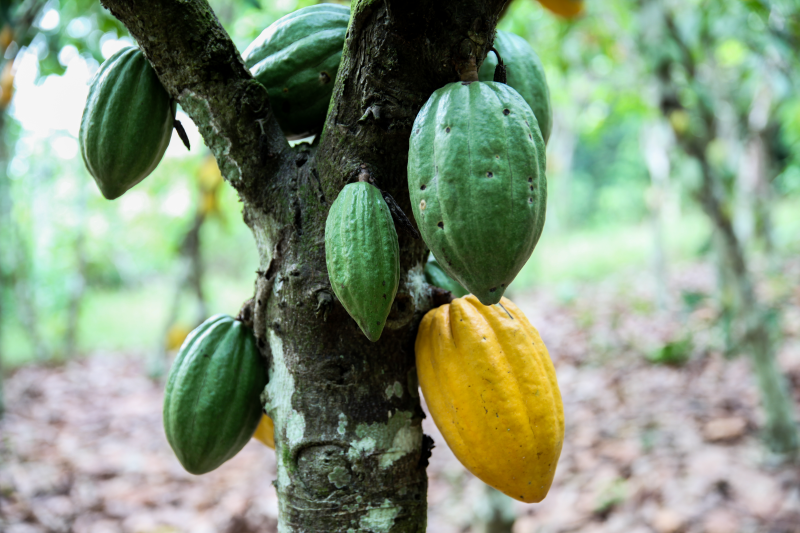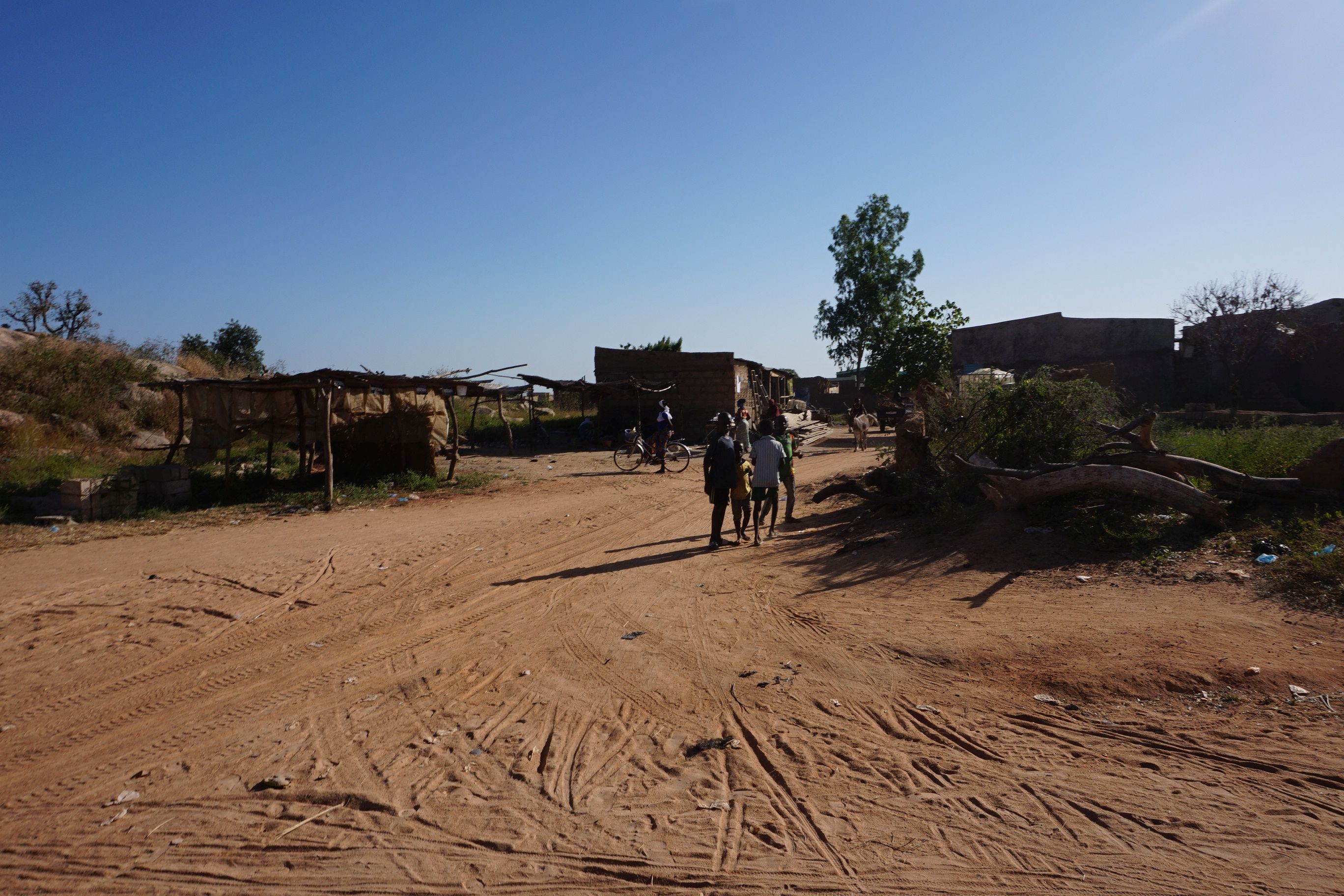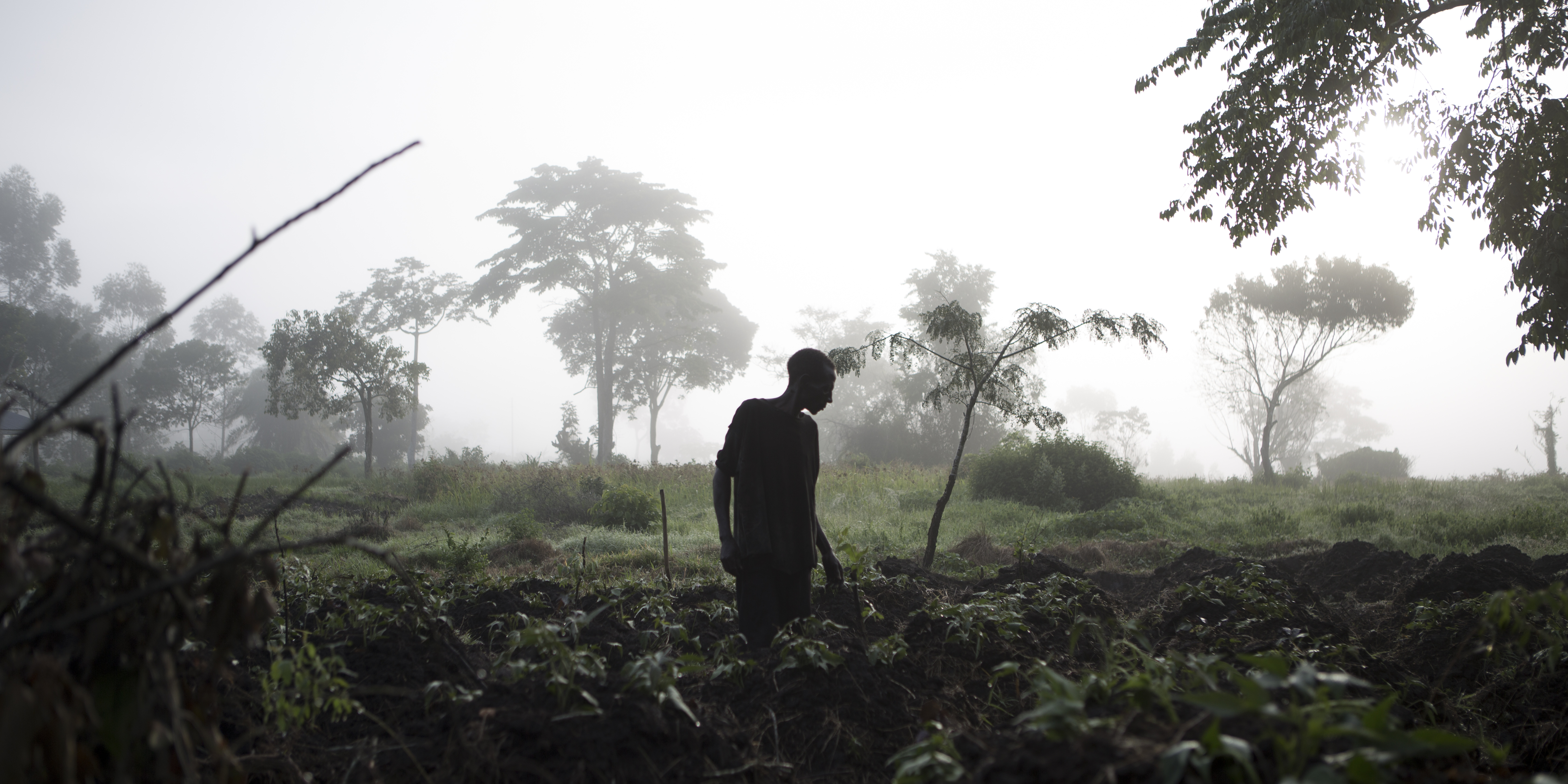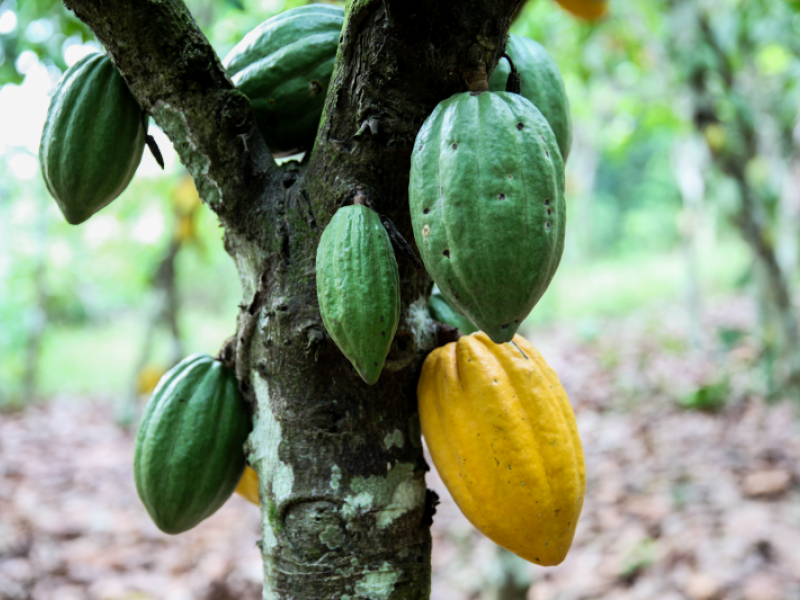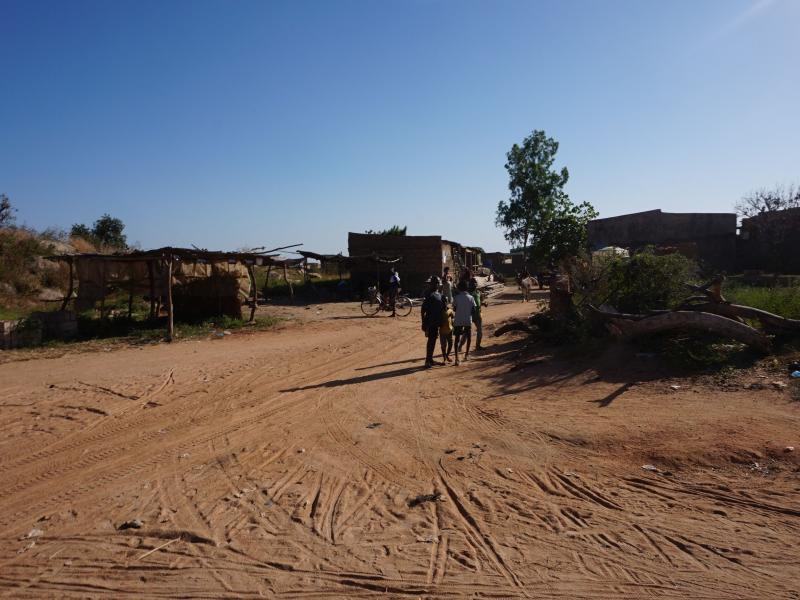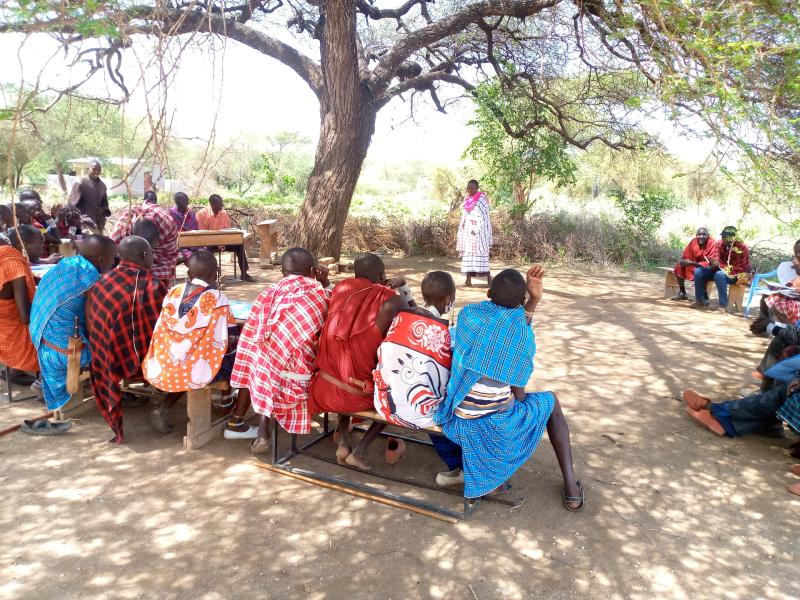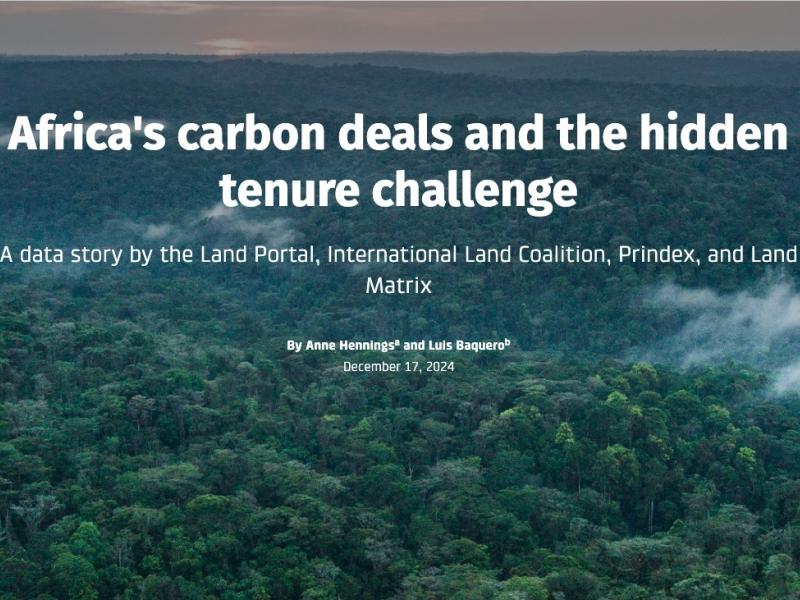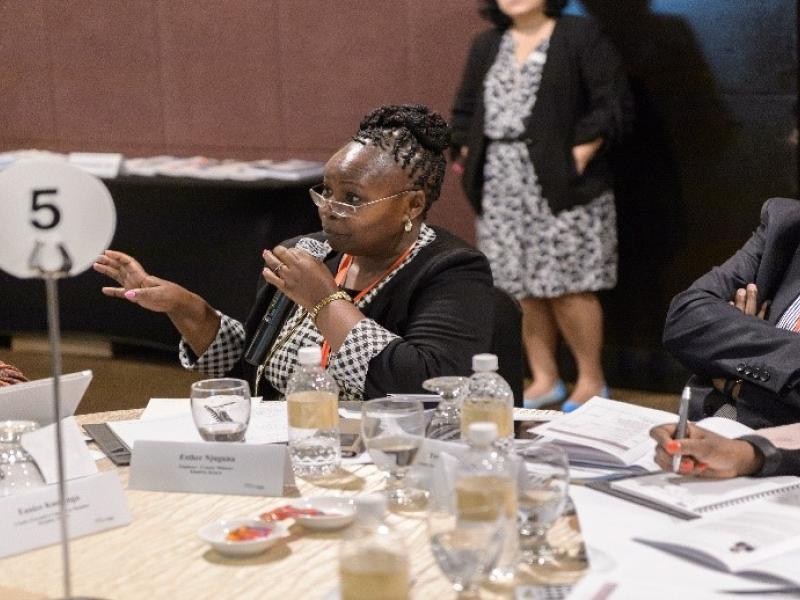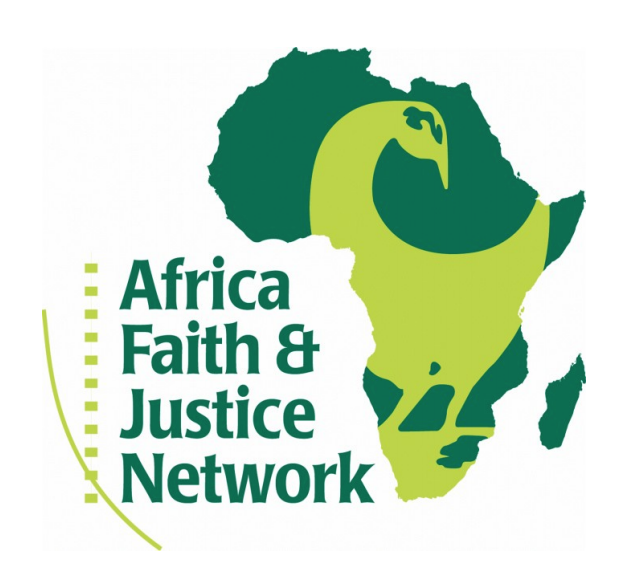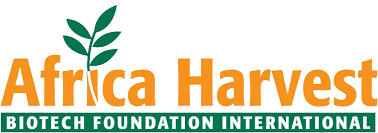Breadcrumb
Africa
NewsBrowse all
21 February 2025
À Madagascar, la sécurisation foncière ainsi que la réhabilitation des terres dégradées ouvrent la voie à une agriculture durable, transformant la vie des communautés locales.
La sécurité des droits fonciers individuels et d'utilisation est primordiale pour promouvoir une agriculture durable et…
11 February 2025
Corruption threatens life-saving climate funds around the world – better safeguarding is vital to protect billions of vulnerable people
Global corruption levels remain alarmingly high, with efforts to reduce them faltering, according to the 2024 Corruption Perceptions Index (CPI), released by…
04 February 2025
Du 9 au 16 décembre 2024, s’est déroulée au Cameroun une mission transnationale d'échange de connaissances sur les questions foncières et agropastorales. Cette mission qui a réuni des experts, praticiens, acteurs de la société civile et autorités politico administratives, est une initiative menée…
Africa
projects
- 0
- 1
- 2
- 3
- 4
- 5
BlogsBrowse all
30 January 2025
Pour les marchés volontaires de carbone, l’année 2023 avait été envisagée comme une année décisive, qui marquerait un tournant dans le rôle joué par ceux-ci en matière de lutte contre le changement climatique et la déforestation dans le monde. Pour leurs partisans, les projets de carbone forestier…
EventsBrowse all
The 5-day long urban governance programme seeks to strengthen the capacity of decision-makers in the area of urban management and planning for sustainable urbanization, and develop skills and know-how in local finance, housing, urban planning and land management, mobility and urban sustainability…
OrganizationsBrowse all
- 0
- 1
- 2
- 3
- 4
- 5
- 6
- 7
- 8
- 9
- 10
- 11




